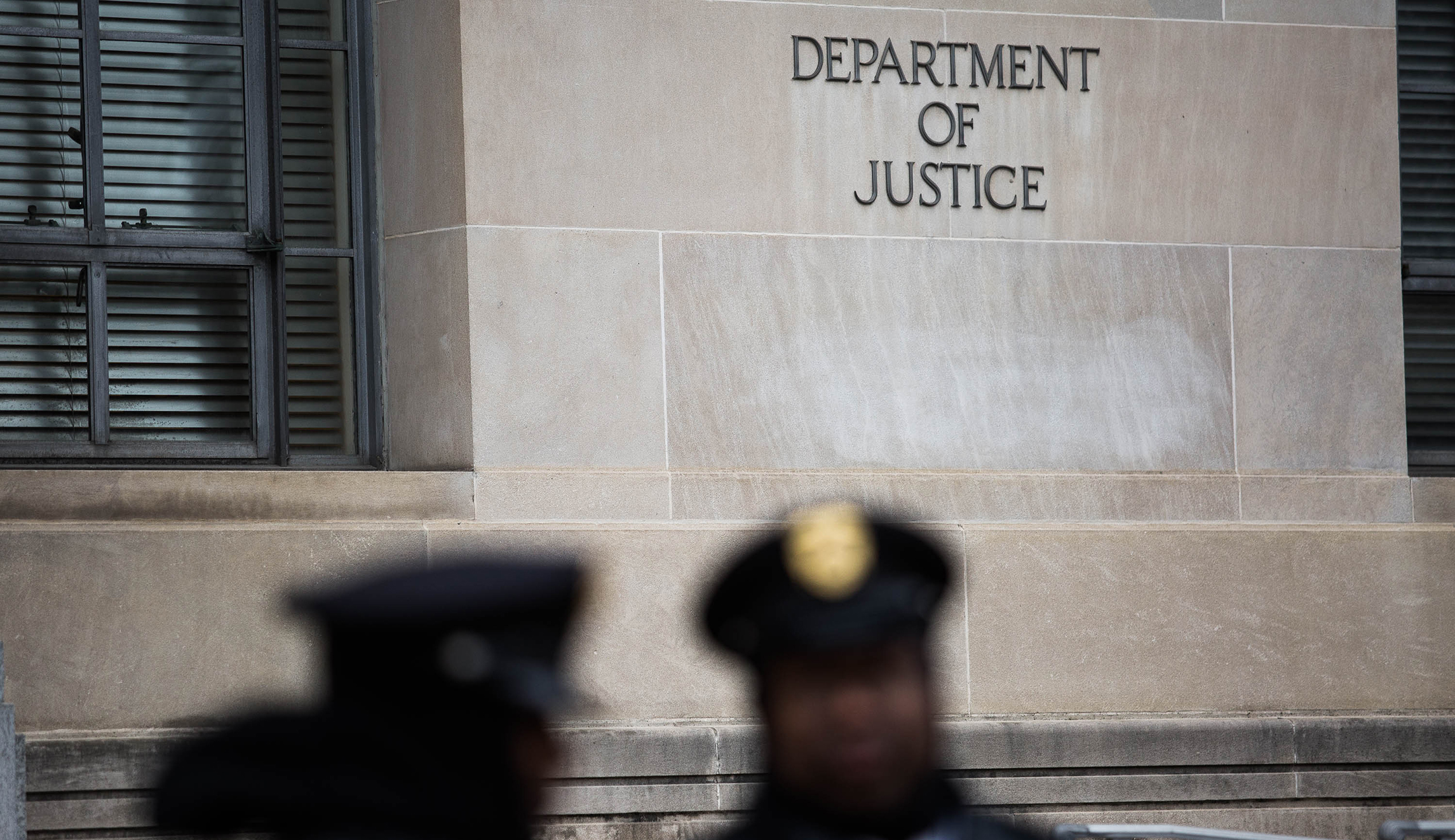An alleged group of Oath Keepers wants to reveal details about what they say are at least five confidential human sources the Department of Justice has revealed to them related to the case set for trial this week.
Defense attorneys for the Oath Keepers filed a motion Monday, just one day before the trial is set to begin. Oath Keepers leader Stewart Rhodes and 10 others were charged with seditious conspiracy related to the Jan. 6 Capitol riot.
The defense attorney said the defendants want to be able to question confidential human sources used by the DOJ or FBI to look into the Oath Keepers, but prosecutors are seeking strict limits from the presiding judge related to what the defense lawyers can ask the witnesses.
JANUARY 6TH COMMITTEE SET TO TAKE CENTER STAGE AGAIN

“The Defendants are before this Court with their liberty interests at stake. The Government has paid individuals to gather information and evidence about the Oath Keepers and the Defendants. The Government has made use of some of that information and evidence in building its case for trial,” the defendants argued Monday. “Although the Government has disclosed to the defense — only after being ordered to do so by this Court — the activities of five confidential human sources, it has communicated to defense counsel that only one will be called to testify as a witness at trial.”
The Oath Keepers lawyer added, “What the Government knew — but only recently disclosed to the Defendants — was that none of the confidential human sources provided evidence of guilt on the part of the Oath Keepers as an organization, or the individual Defendants in this case. This fact is confirmed by the Government’s acknowledgment that only one confidential human source will be called to testify during its case-in-chief.”
Prosecutors have charged Rhodes and the other defendants with crimes “related to the breach of the U.S. Capitol on Jan. 6, which disrupted a joint session of the U.S. Congress that was in the process of ascertaining and counting the electoral votes related to the presidential election.” The DOJ said the conspiracy involved a plan “to oppose by force the lawful transfer of presidential power.”
Rhodes is not accused of entering the Capitol but did allegedly enter a restricted area around it, and the defendants have pleaded not guilty.
CLICK HERE TO READ MORE FROM THE WASHINGTON EXAMINER
Prosecutors have also wanted the court to agree that “the defense shall be precluded from eliciting testimony, either on cross-examination or on direct, that would detail the FBI’s confidential human source program and the training and methods used by the FBI as part of their undercover operations.”
The defense attorney lamented that “a blanket prohibition such as the one sought here by the Government’s third requested limitation is likely to impede the Defendants’ opportunity before the jury to make the FBI’s investigation of them look inept and unreliable.”
“The FBI chooses to use confidential human source in criminal investigations knowing that those sources might be cross-examined by defense counsel in a criminal case at some point in the future,” the defense lawyer argued. “That is a risk the Government and the confidential human source knowingly and voluntarily assume as part of the relationship they enter into.”
